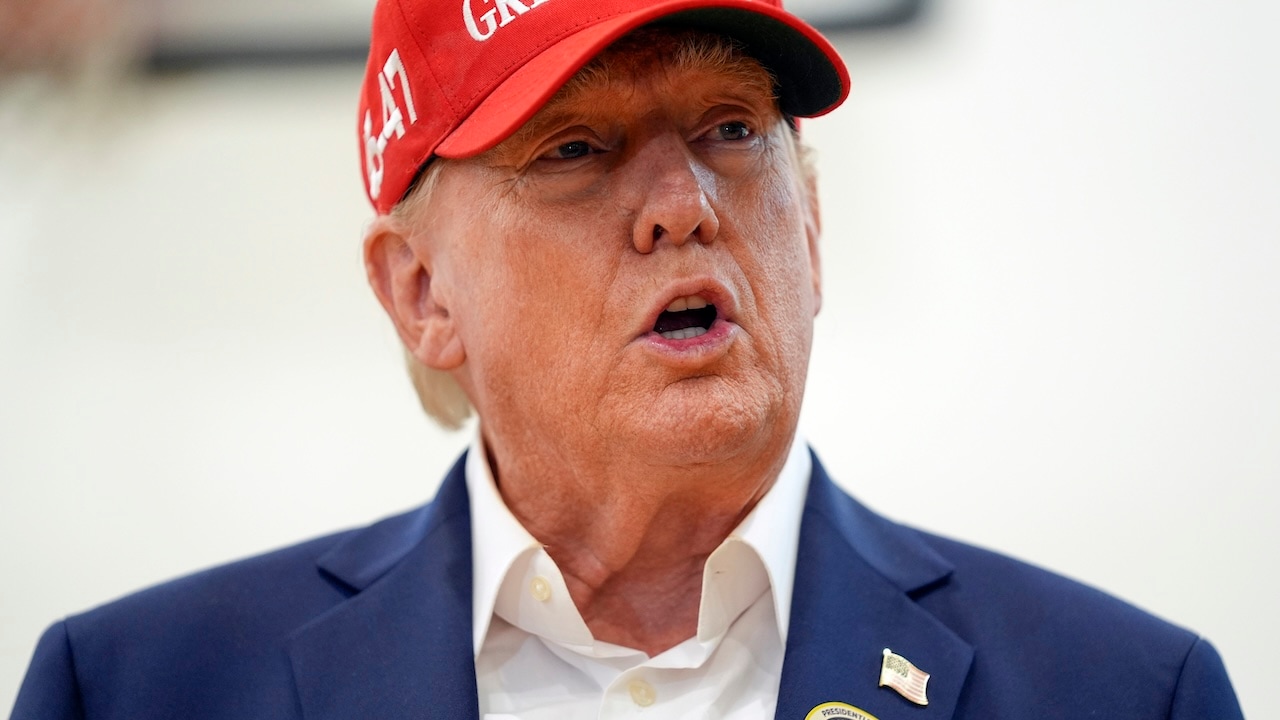
Trump’s threat specifically targets the nine-member BRICS bloc, which includes India, China, Russia, and Brazil, amid discussions about developing an alternative to the US dollar. However, Subbarao described Trump as someone “known to bark more than he bites,” casting doubt on the implementation of such tariffs, PTI reported.
BRICS, formed in 2009, is the only major international group of which the United States is not a part. Its other members are South Africa, Iran, Egypt, Ethiopia, and the United Arab Emirates.
Over the past few years a few of its member countries, in particular Russia and China, are seeking an alternative to the US Dollar or create own BRICS currency. India has so far not been part of the move.
Subbarao pointed out the legal and practical challenges for the United States in defining and enforcing penalties on nations merely for de-dollarisation. “What yardstick will America use to determine if a country has moved out of the dollar? And does American law permit such sanctions?” he asked.
While BRICS has discussed creating a common currency, the proposal faces significant roadblocks due to internal political and economic divisions. Subbarao noted that India, in particular, has shown no inclination to abandon the dollar or adopt a BRICS currency.
Also read: Donald Trump threatens BRICS countries with 100% tariffs if they try to undermine US dollar
“A BRICS common currency might shield the bloc from the perils of dollar hegemony in theory, but in practice, it’s a non-starter. Member countries, including India, would not sacrifice monetary policy autonomy for a currency vulnerable to instability elsewhere in the bloc,” he told PTI.
Subbarao added that China, with its large trade footprint and internationalisation of the RMB through its Belt and Road Initiative (BRI), is better positioned for de-dollarisation than India. A significant share of China’s trade and loans under the BRI is already denominated in RMB, unlike India, which still relies heavily on the dollar for trade and investment.
“Ultimately, the dominance of the yuan in a BRICS currency could lead members to trade one form of hegemony for another, particularly under an authoritarian regime like China’s, known for opaque governance,” Subbarao warned.
He concluded that BRICS’ ambitions of challenging dollar dominance will remain constrained by internal differences, with India prioritising its economic sovereignty over bloc-wide currency integration.
(With inputs from PTI)

